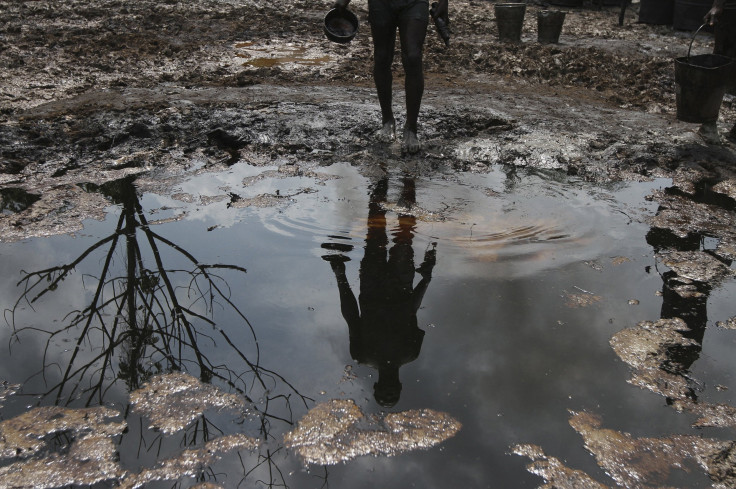Nigerian Village Struck By Lead Poisoning Finally Starts To Heal

The Nigerian village that suffered from one of the worst-ever episodes of lead poisoning is now slowly recovering, as doctors there are now ready to treat more than 1,000 children, doctors and scientists from a non-governmental organization said on Friday.
But for some children from Bagega village, where the lead poisoning was discovered in 2010, it may be too late.
Dr. Michelle Chouinard, the Nigeria director of Doctors Without Borders, a non-governmental organization (NGO), told the Associated Press that some children have been left blind, paralyzed or with irreversible neurological damage.
Small-scale gold mining caused the lead poisoning, which has killed at least 400 children to date.
Doctors Without Borders began work to clean up the local environment in February 2013 after such work had been hampered domestically by a lack of needed federal funds.
Since 2010, doctors from the group have treated more than 2,500 children.
In the wake of the cleanup, or “remediation” process as it's technically known, government ministers promised to step up measures to make mining safer, AllAfrica.com reported.
Human Rights Watch called the incident the worst epidemic of its kind in modern history. Six thousand to 9,000 people in the local population were exposed to lead poisoning, including 1,500 children younger than five.
© Copyright IBTimes 2024. All rights reserved.












